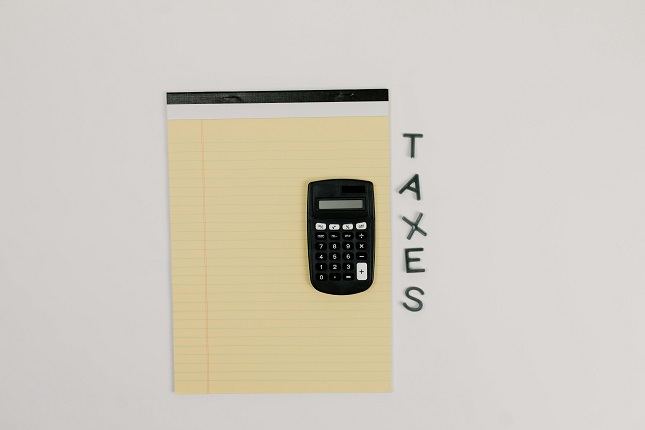Starting a new business is exciting, but it comes with responsibilities that go far beyond your product or service. One area that catches new entrepreneurs off guard is how to manage their finances properly from the start. Understanding obligations related to government filings and money management can save you from issues later. By forming a solid foundation early on, you can set your business up for smoother operations and fewer surprises.
Among these habits, using effective tax planning strategies can help simplify complex financial matters. With a clear approach and timely decisions, you can maintain control over your income, expenses, and obligations. Below are practical habits that can make all the difference.
Organize Business and Personal Finances Separately
One of the first things every entrepreneur should do is open a dedicated bank account for business transactions. Keeping your business and personal finances in the same account makes it harder to track income and expenses. With a clear separation, it becomes easier to identify which costs are tied to your business. Over time, this clarity allows for better financial organization and more accurate records. You’ll spend less time sorting through receipts and more time building your business.
Maintain Accurate Records
Keeping up with documentation is not something to leave until year-end. Recording all income and expenses regularly helps you avoid confusion and keeps your numbers in check. Having the right support, such as bookkeeping tools or professional assistance, will help ensure these records stay current and detailed.
Instead of waiting for deadlines, successful business owners make reviewing financials part of their weekly or monthly routine. This habit reduces errors and provides an ongoing look at how your business is doing. That insight can help you make better decisions throughout the year.
Work with Reliable Professionals Early
Instead of handling everything alone, new entrepreneurs benefit from professional guidance. Working with a financial expert from the beginning can help you follow the right processes. These experts understand filing deadlines, expense categorization, and compliance expectations.
This is especially useful when applying tax planning strategies to your operations. Having knowledgeable support ensures you’re not missing important deductions or misclassifying income. A good professional manages reports and helps you build better habits around compliance and structure.
Develop a Calendar for Deadlines and Reporting
Keeping track of deadlines is one of the most effective ways to stay ahead. Create a calendar that outlines important dates related to income filings, estimated payments, and other documentation. Having reminders in place reduces the chance of missing due dates. Include buffer time before each deadline so you can review documents or gather required paperwork. When you follow a calendar, it becomes part of your routine and not just a once-a-year scramble. Staying ahead improves your confidence and reduces last-minute stress.
Starting a business means wearing many hats, but getting a handle on your finances shouldn’t be an afterthought. Simple habits like keeping records tidy, checking your numbers regularly, and knowing when to ask for help go a long way. These small efforts save time, reduce stress, and keep your business on track. It’s not about getting everything perfect from day one. It’s about being consistent and paying attention to the details that matter. The sooner you build these habits into your routine, the easier it becomes to handle what’s ahead.








































